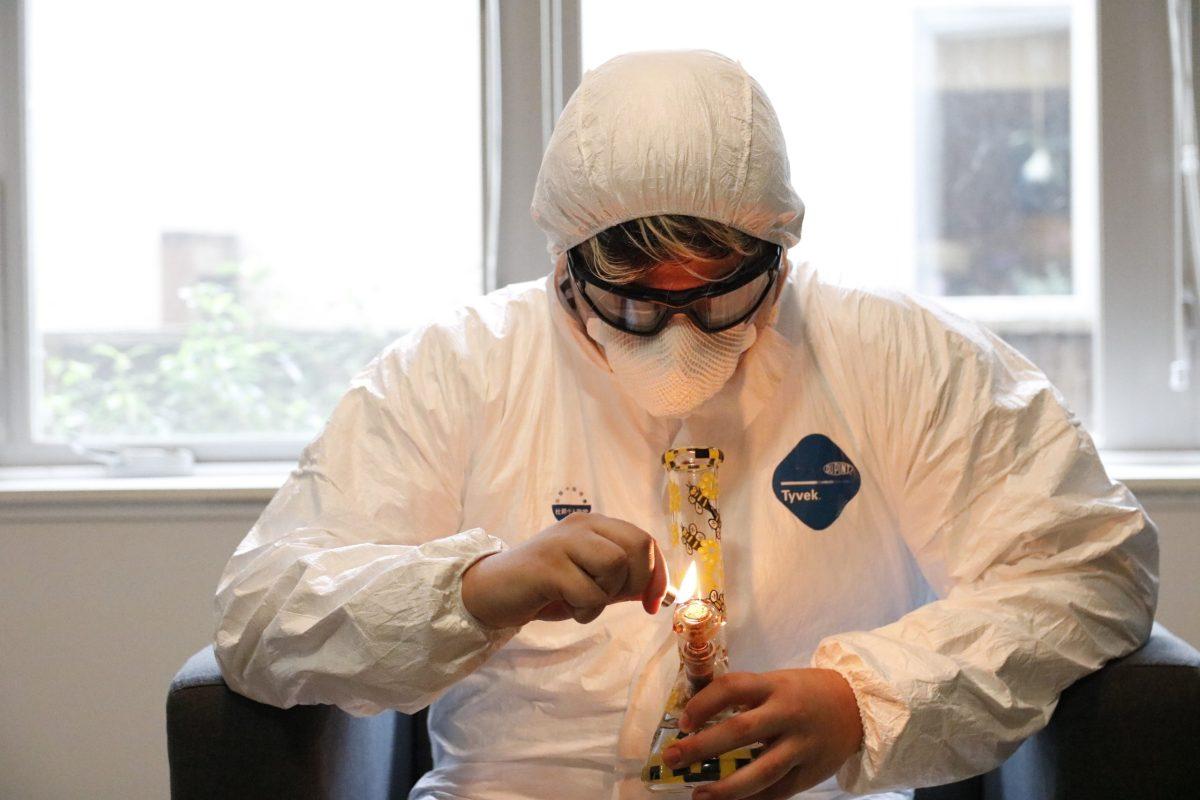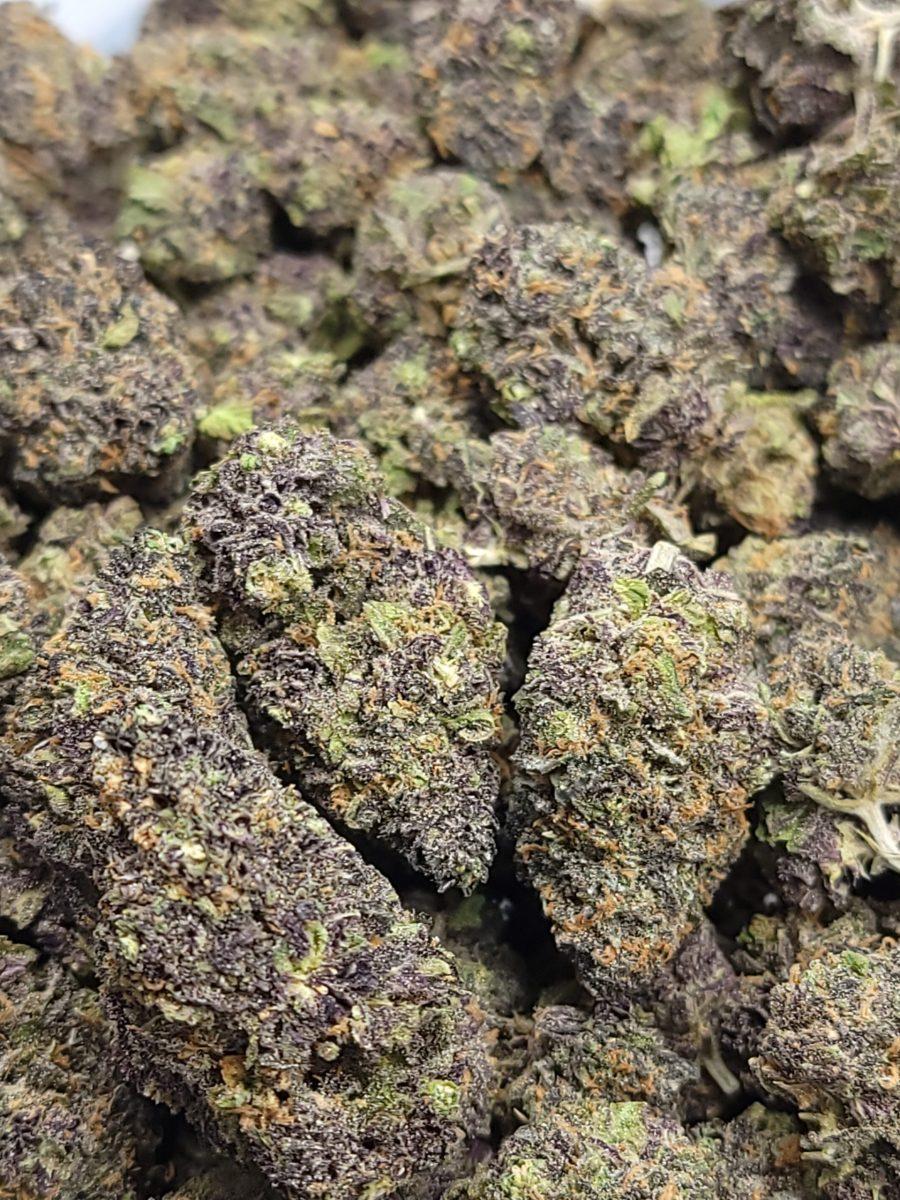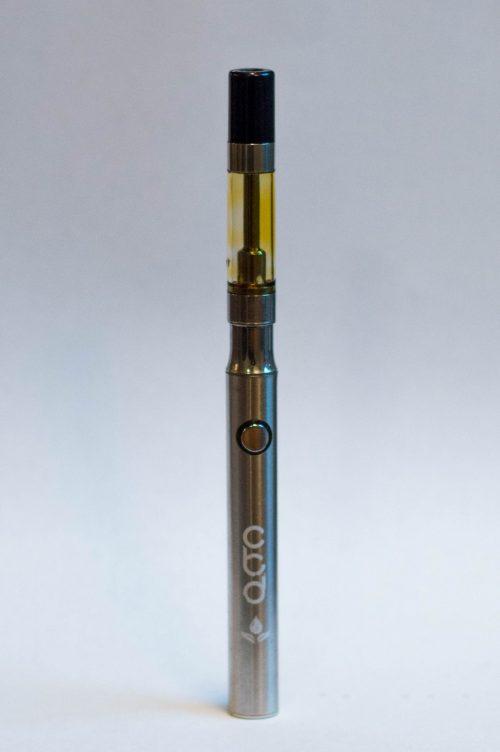Shortly before the world was hit with the COVID-19 pandemic, the US was suffering another lung crisis. Vape pens were all over the news in 2019 for reports of illnesses and deaths related to smoking them. The most recent update by the CDC was on February 18th, 2020. It showed that there have been 2,807 cases of illnesses related to nicotine or cannabis vapes, with 68 deaths. Among these patients, 2,022 of them reported which substance was being vaped, with 82% reported using THC containing products, while 33% reporting the use of exclusive THC containing products. Of the affected, 50% reported where their product was sourced, with 16% having obtained them from retail businesses and 78% obtaining them from friends, online, or other dealers. Overall, since the last article in February, there has not been a large rise in cases. However, it’s possible that the pandemic took front row for CDC priorities and it simply was not viable to keep reporting vaping illnesses, especially with what we know about the virus.
As a recap from the last Cannabis & The Lungs piece, we know that cannabis, specifically the terpene pinene and the cannabinoid THC, are both bronchodilators. As a bronchodilator, they help open up the airways to the lungs and may even help with conditions such as Chronic Obstructive Pulmonary Disease (COPD) and asthma. However, there are several ingredients that companies have been found to use in vape cartridges that have not shown to be safe for vaping—or have not been tested for inhalation safety at all. These ingredients include MCT oil, natural and artificial flavorings and non-cannabis derived terpenes.
So far, the vaping crisis seems to have been subdued and the focus has been shifted. Other than Colorado, no other states pursued permanent bans on anything other than Vitamin E acetate. Currently, in Oregon, the OLCC is in the process of putting together a cannabis vape-additive ban which would ban all additives other than natural cannabis-derived terpenes. This means no more natural and artificial flavoring, no non-cannabis-derived terpenes, and no MCT oil or other additives. California has similar pending legislation but it would allow for botanically derived terpenes and other natural flavors.
More recently, COVID-19 and cannabis have been in the news as researchers have been scrambling to find some sort of medicine that can help ease symptoms and/or treat the effects of the virus. As mentioned in the paragraphs above, we know that THC and pinene are bronchodilators. Currently, researchers have been analyzing CBD and specific terpene formulations for potential to help fight against the virus.
CBD has been found to be an ACE2 inhibitor and it reduces inflammatory cytokine production. The inhibition of ACE2 expression plays an important role in how COVID-19 enters host cells. When ACE2 expression is inhibited, the virus has a more difficult time entering a host cell. In relation to cytokine production, COVID-19 creates what is called a “cytokine storm.” This cytokine storm is the release of so many cytokines that they become harmful to the host cells. Researchers in Israel are currently looking at CBD in combination with a terpene formulation. This terpene formulation is a blend of 30 various terpenes that have shown to have anti-inflammatory properties. While the research has not gone through any clinical trials, the results the research has produced is promising information.
Neither the author nor Green Eugene endorses anything in this article as medical advice for treating or curing COVID-19. If you are having symptoms please get tested and speak with your doctor. Remember to wear a mask, practice social distancing out in public spaces, and avoid large crowds.






